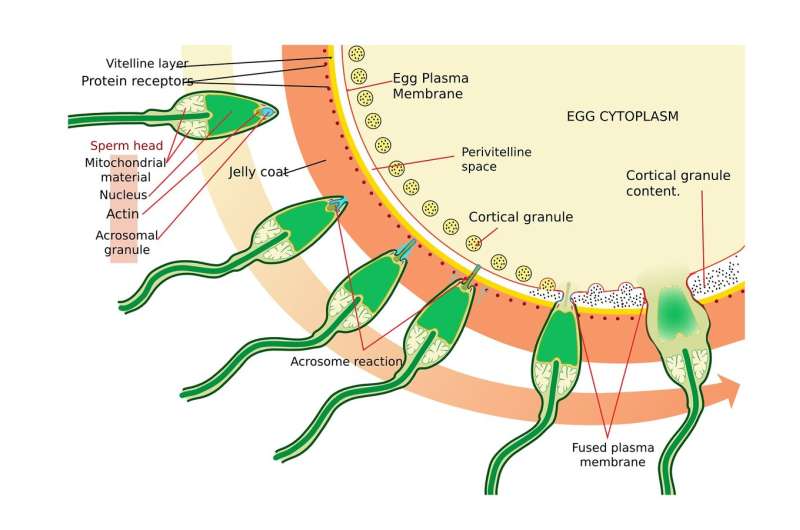Gut Microbiota's Role in Detecting and Combating Pancreatic Cancer

Emerging research shows that gut microbiota profiling can aid early detection and treatment of pancreatic cancer, offering hope for improved diagnostics and targeted therapies.
Pancreatic cancer remains one of the most challenging malignancies due to its late diagnosis and limited treatment options. Recent international research suggests that analyzing gut microbes could play a vital role in early detection and development of targeted therapies.
A collaborative study involving researchers from Finland and Iran examined the intestinal microbiomes of over 180 individuals, including pancreatic cancer patients and their healthy counterparts. Published in Gut Pathogens, the research indicates that certain microbial signatures are consistently associated with pancreatic cancer regardless of ethnic or geographic differences.
The findings reveal that individuals with pancreatic cancer tend to have a higher presence of facultative pathogens like Enterobacteriaceae, Enterococcaceae, and Fusobacteriaceae, while their levels of beneficial bacteria, particularly those belonging to the class Clostridia—such as Lachnospiraceae, Butyricicoccaceae, and Ruminococcaceae—are notably decreased. These beneficial bacteria are known for producing butyric acid, which has anti-inflammatory and anti-cancer properties.
The research highlights the potential of gut microbiota profiling as a non-invasive method for early detection of pancreatic cancer. Additionally, the study opens avenues for developing probiotic treatments aimed at restoring healthy bacterial populations, which could augment traditional cancer therapies.
A significant outcome of the research was the creation of a statistical model capable of predicting pancreatic cancer based on microbiome data. This advancement could lead to earlier diagnosis and improved patient outcomes in the future.
Satu Pekkala, a senior lecturer involved in the study, emphasizes that enhancing beneficial Clostridia populations might stimulate immune responses against tumors, providing a new angle for therapeutic strategies.
While promising, these findings require further validation across diverse populations. Future research will focus on exploring probiotic formulations and integrated therapies that leverage the microbiome to combat pancreatic cancer more effectively.
Stay Updated with Mia's Feed
Get the latest health & wellness insights delivered straight to your inbox.
Related Articles
Small Gait Changes May Help Alleviate Knee Osteoarthritis Pain
Discover how simple gait modifications can help reduce knee osteoarthritis pain and slow joint degeneration, offering a promising alternative to medication.
Understanding Autism and Aging: Insights from New Research
New research highlights the health challenges faced by autistic adults as they age and emphasizes the importance of social support and improved healthcare access to enhance their quality of life.
Understanding Semen Allergies: A Hidden but Common Condition
Semen allergies, known as seminal plasma hypersensitivity, affect many women and can cause symptoms from mild irritation to severe reactions. Learn about symptoms, diagnosis, and treatment options for this hidden condition.
New Expert Guidelines Enhance Safety and Effectiveness of PDA Closure in Premature Infants
New guidelines from SCAI aim to enhance the safety and success of transcatheter PDA closure procedures in premature infants, emphasizing best practices, operator training, and institutional readiness.



